class: center, middle, inverse, title-slide # Dirty Wars ## The State/Platform/Copyright Nexus of Repression ### Jack McDonald ### 2020-02-28 --- class: inverse # Lecture Outline .pull-left[ - Technologies of Repression - _The State/Platform/Copyright Nexus of Repression_ - Technology Will Save Us… Right? - Exporting Repression - Digital Repression: What Is To Be Done? Lecture Outline - War and Censorship - Digital Censorship in Context - Controlling Online Publishing ] .pull-right[ Key Points: - Censorship is a key tool of social control in war - Contemporary security debates about online speech cannot be understood without reference to wider censorship debates - Digital publishing and communications technologies both empower and restrict public/private censorship ] ??? Are hundred-million-user platforms an inherent threat to freedom of speech? Should governments and corporations err on the side of over-censoring or under-censoring when seeking to eliminate terrorist propaganda from the internet? --- class: inverse # Small Group Discussion .pull-left[  ] .pull-right[ .large[ Should governments and corporations err on the side of over-censoring or under-censoring when seeking to eliminate terrorist propaganda from the world wide web? ] ] ??? --- class: inverse # War and Censorship --- # Weapons of the Weak .left-column[  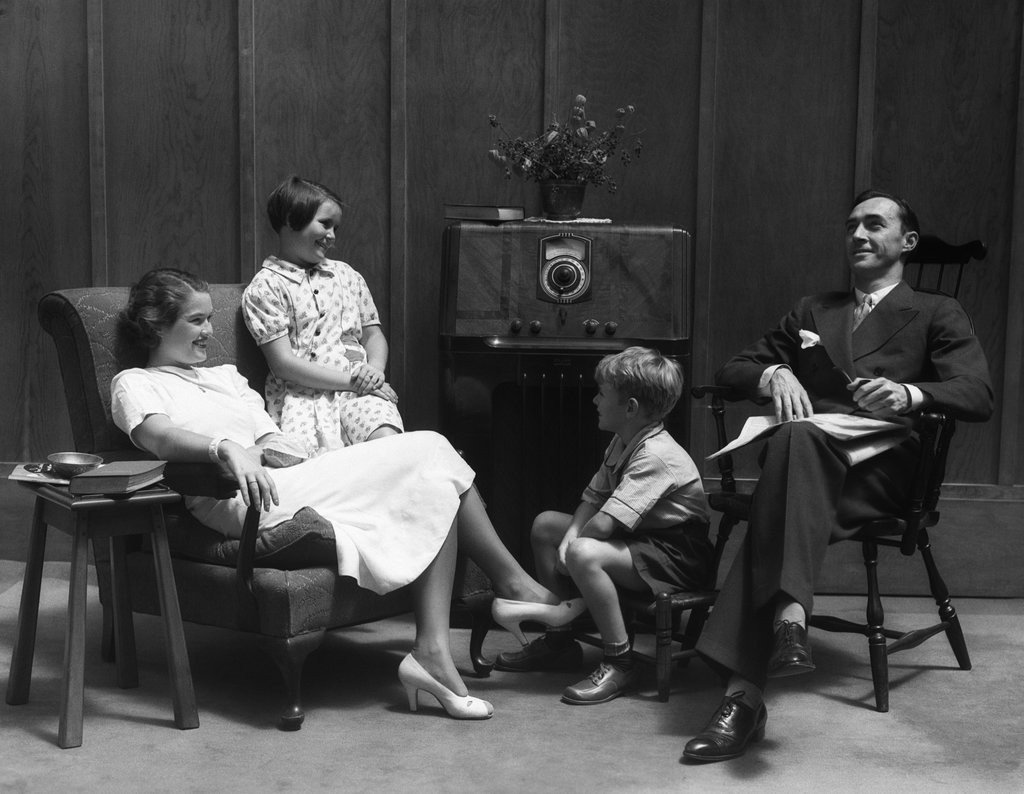 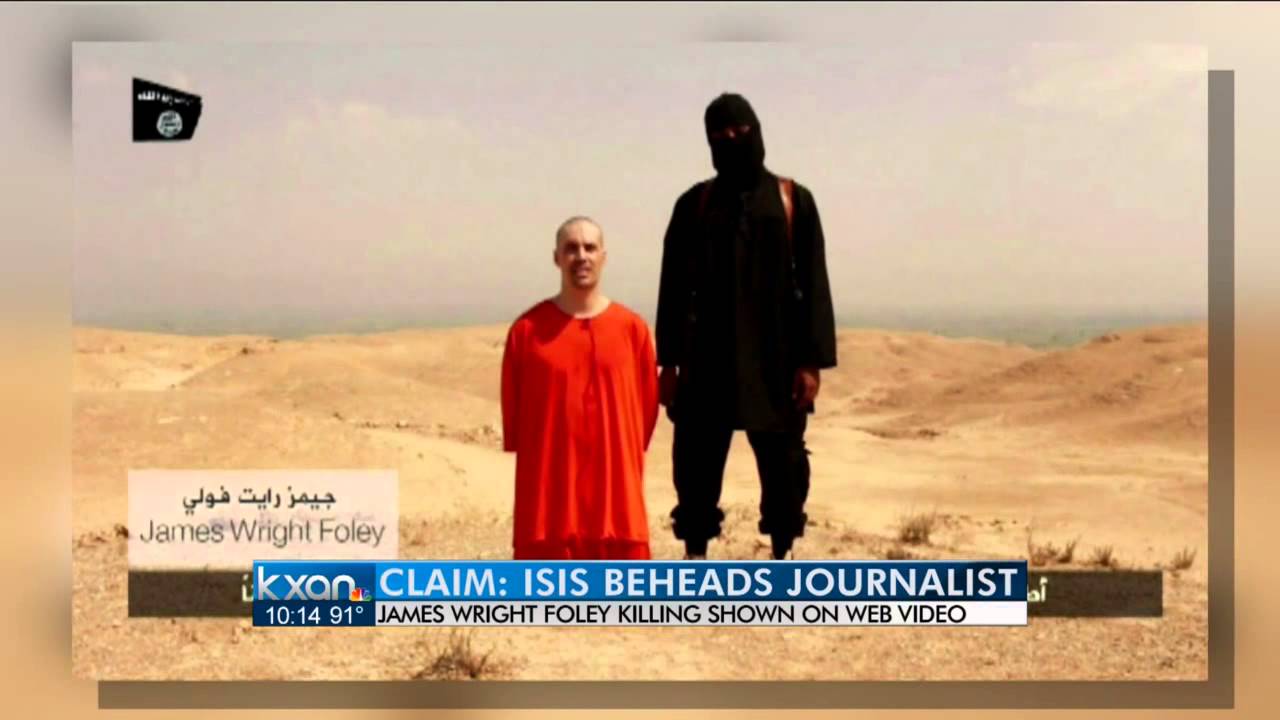 ] .right-column[ > In a culture like ours, long accustomed to splitting and dividing all things as a means of control, it is sometimes a bit of a shock to be reminded that, in operational and practical fact, the medium is the message. This is merely to say that the personal and social consequences of any medium—that is, of any extension of ourselves—result from the new scale that is introduced into our affairs by each extension of ourselves, or by any new technology. Marshall McLuhan ] ??? --- # Censorship in Repression and War .pull-left[ .medium[ > during the era of the dictators, all of the Argentine media operated under strict government censorship. At the beginning, it was principally a self-imposed restraint, which allowed the government to deny that official media censorship existed. Later, censorship became quite overt with severe consequences for media which did not comply. R. Dwight Wilhelm, _Censorship in Argentina_ ] ] .pull-right[ 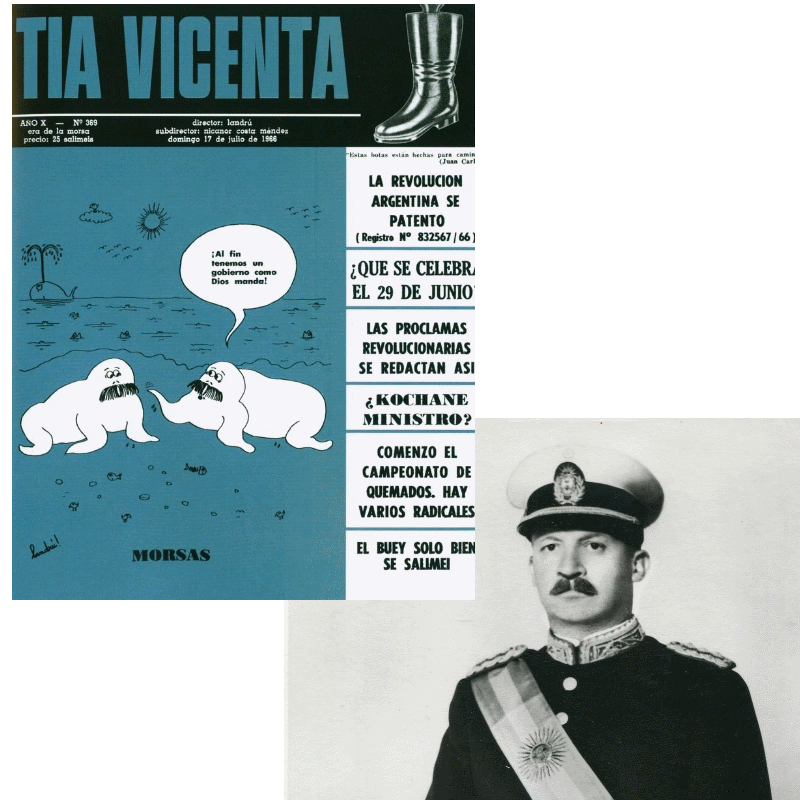 ] ??? Censorship to prevent spread of security probs CEnsorship to sustain government support --- # Case Study: Facebook and the Rohingya > The Facebook posts were not from everyday internet users. Instead, they were from Myanmar military personnel who turned the social network into a tool for ethnic cleansing... The military exploited Facebook’s wide reach in Myanmar, where it is so broadly used that many of the country’s 18 million internet users confuse the Silicon Valley social media platform with the internet. Human rights groups blame the anti-Rohingya propaganda for inciting murders, rapes and the largest forced human migration in recent history. Paul Mozar, _A Genocide Incited on Facebook, With Posts From Myanmar’s Military_ ??? --- # Digital Censorship in War and Dirty Wars .pull-left[ > Mrs Thatcher's broadcasting restrictions have, it seems, become the ultimate in censorship. It has made journalists, through intimidation, boredom or indolence, the instruments of the ban when they should be its principal victims and most vigorous opponents. Ed Moloney, _Closing Down the Airwaves_ ] .pull-right[ > The government notes the chief coroner’s comments regarding the evidence at the inquests, the existence of the offence for possession of a prohibited image of a child, and the perception that the lack of a comparative counter-terrorism offence may sometimes prevent counter-terrorism policing from taking disruptive action. Priti Patel ] ??? --- # Digital Communcations as a Tool of Control .pull-left[ 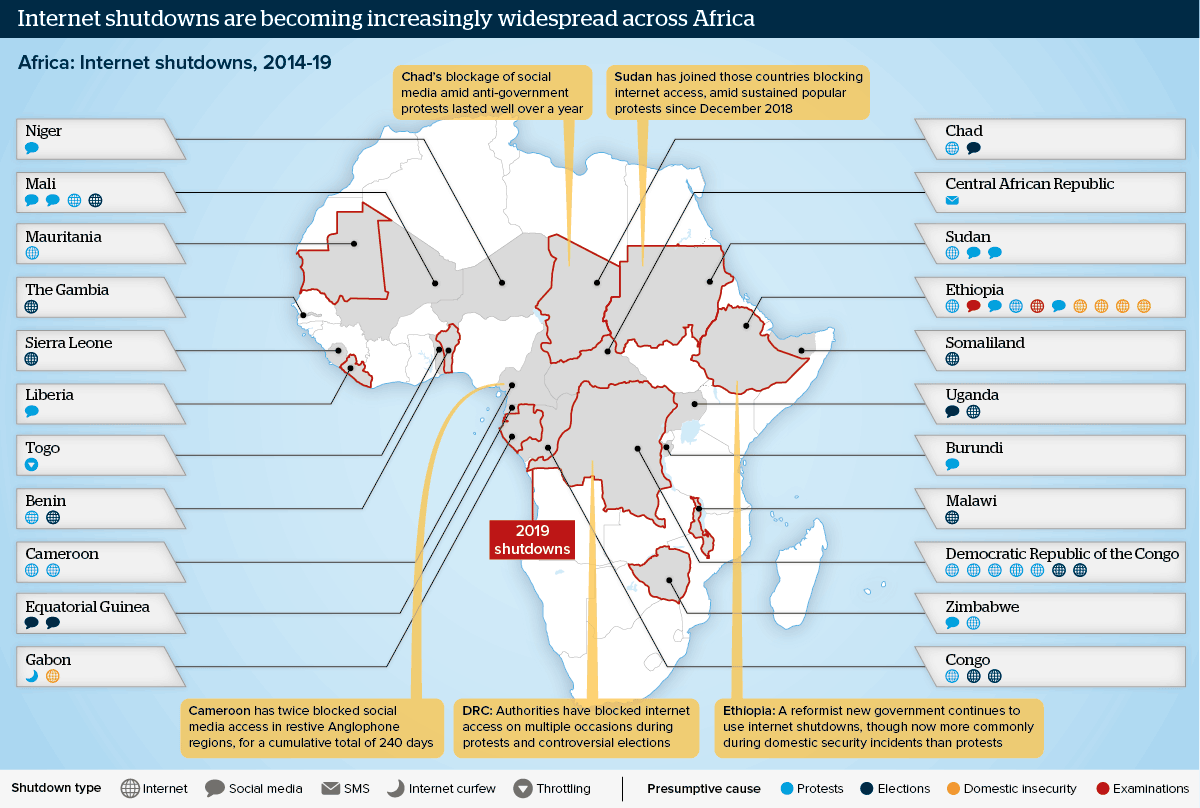 ] .pull-right[ .medium[ > As more and more countries have seen the internet being used to organize for political change, however, internet blackouts have become increasingly common, a go-to tool for controlling unrest and stifling criticism of the government. Nor is the tactic limited to authoritarian states: the worst offender by far is India, the world's biggest democracy. James Griffiths, _Internet shutdowns used to be rare. They're increasingly becoming the norm in much of the world_ ] ] ??? --- class: inverse # Digital Censorship in Context ??? --- class: inverse # Small Group Discussion .question[ Are hundred-million-user social media platforms an inherent threat to freedom of speech? ] ??? --- # Offensive Information .left-column[    ] .right-column[ Repression often focuses censorship discussions upon political or security explanations Censorship has many different contexts/reasons, e.g. - Blasphemy - Obscenity - Social norms/pressures - How often do you ask what someone's salary is? ] ??? --- # Censorship in Theory and Practice .pull-left[ All social systems regulate speech either explicitly or implicitly It is hard to regulate beliefs, but practices (communication/speech/production) are easier to observe and regulate Social values are usually reflected in legal systems/social engagement with legal systems .medium[ - If you are going to write something mean about an oligarch, do it in America, not the UK! ] ] -- .pull-right[ > Working out how to defeat the assassin’s veto is one of the great challenges of our time. Among the many questions that arise is whether or not to republish images at which fanatics have chosen to take such violent offense that they murder those who made them. Timothy Garton Ash, _Defying the Assassin's Veto_ ] ??? --- # Technology and Censorship .left-column[ 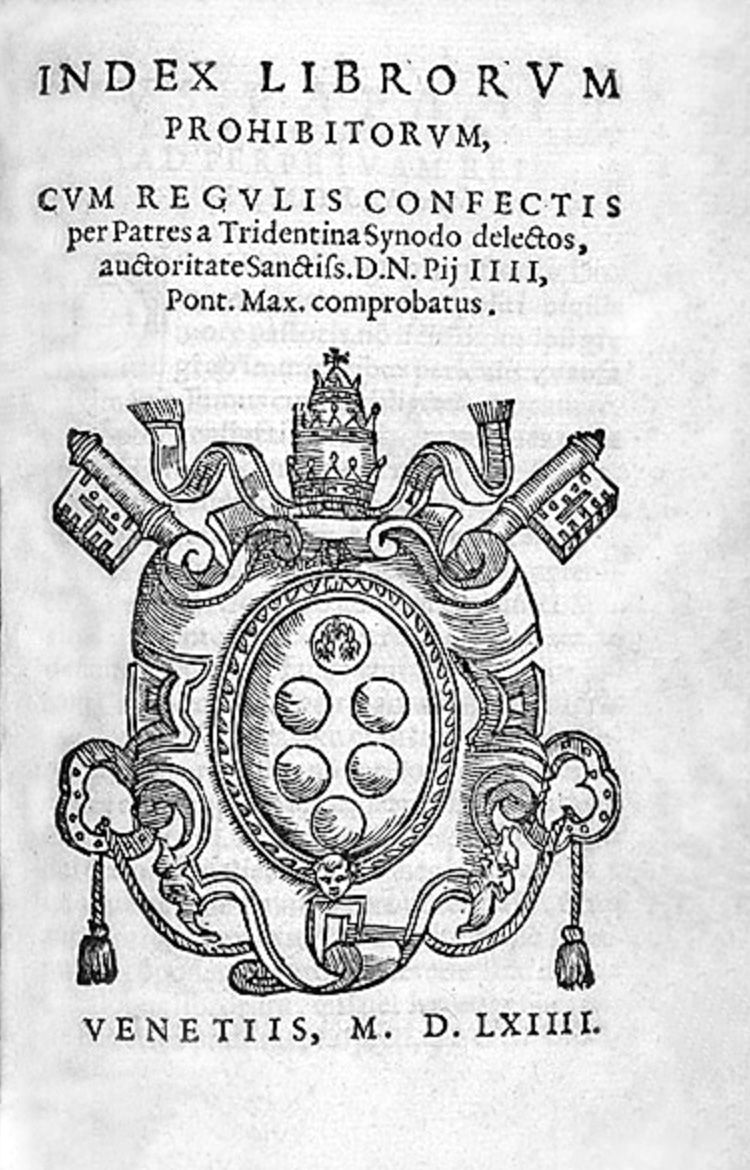 ] .right-column[ Censorship makes no sense without reference to the means and rights of reproduction - Prior to the printing press, the primary socio-technical system of reproduction were distributed scribes - Printing presses (15th-16th century) enabled mass reproduction and distribution of ideas - Governments responded by controlling presses through licensing and copyright - Copyright expands to cover many different types of object/creation - Late 19th century: internationalisation of copyright ] ??? --- # Censorship and Organisations .pull-left[ 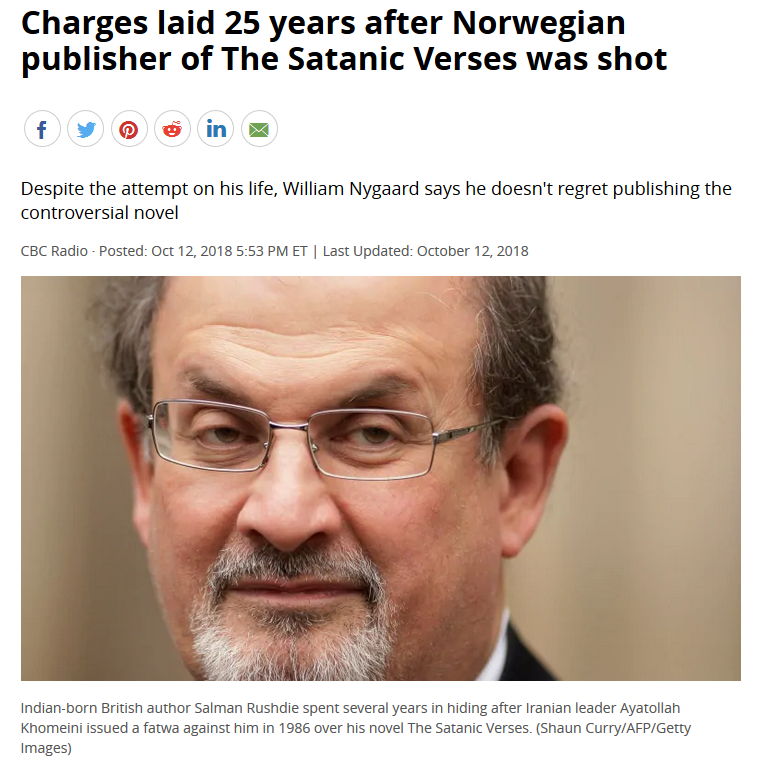 ] .pull-right[  ] ??? --- class: inverse # Controlling Online Publishing ??? --- # What is the Medium? .pull-left[ 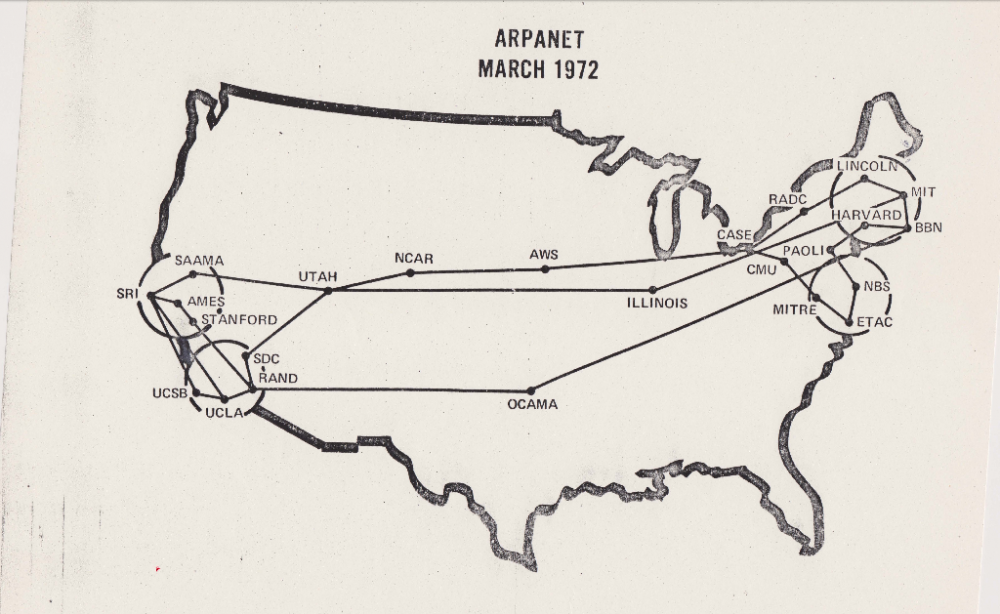 ] .pull-right[  ] > We shape our architecture; and thereafter it shapes us. Andrew Keen, _The Internet is Not The Answer_ ??? --- # Internet Censorship: The Early Years > Unlike the family-oriented commercial services, which censor messages they find offensive, the Internet imposes no restrictions. Anybody can start a discussion on any topic and say anything. There have been sporadic attempts by local network managers to crack down on the raunchier discussion groups, but as Internet pioneer John Gilmore puts it, "The Net interprets censorship as damage and routes around it." Philip Elmer-Dewitt, _First Nation in Cyberspace > What will happen to the traditional notions of intellectual property and copyright in the face of a technology that can create infinite numbers of copies and spray them freely across the world in seconds? Wendy M. Grossman, _net.wars_ ??? --- # Censorship and Speech .pull-left[  Pop quiz: What does this guy have to do with internet censorship? ] -- .pull-right[ > Numerous attempts had been made by the Church's lawyers to persuade Erlich to halt his unauthorized, wholesale postings of the Church's religious scriptures, which went way beyond the concept of 'fair use' and constituted violation of copyright law. Leisa Goodman (Media relations director for the Church of Scientology ] ??? --- # Walled Gardens and Internet Platforms .pull-left[ 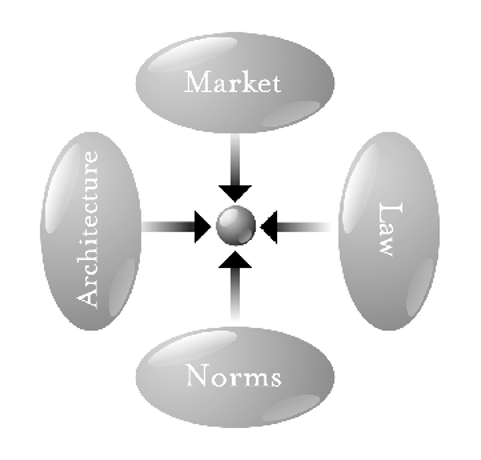 ] .pull-right[ .medium[ > the invisible hand of cyberspace is building an architecture that is quite the opposite of its architecture at its birth. This invisible hand, pushed by government and by commerce, is constructing an architecture that will perfect control and make highly efficient regulation possible. The struggle in that world will not be government’s. It will be to assure that essential liberties are preserved in this environment of perfect control. Lawrence Lessig, _Code is Law_ ] ] ??? --- # So, What's New? > Today’s “simple idea of Architecture,” as Jeremy Bentham put it, is an electronic network in which everything we do is recorded and remembered. Bentham’s eighteenth-century Panopticon has been upgraded to a twenty-first-century instrument of mass surveillance. Like Vannevar Bush’s Memex, its trails never fade; like Ted Nelson’s hypertext, there is no “concept of deletion”; like Erich Mielke’s Stasi, its appetite for our personal data is insatiable. The internet has, indeed, become a crystal republic for crystal man. > We shape our architecture; and thereafter it shapes us. Andrew Keen, _The Internet is Not The Answer_ ??? --- # Data Filtering > by 1996, we had a solution. We had the WIPO Copyright Treaty, passed by the United Nations World Intellectual Property Organization. This created laws that made it illegal to extract secrets from unlocking programs, and it created laws that made it illegal to extract media (such as songs and movies) from the unlocking programs while they were running. It created laws that made it illegal to tell people how to extract secrets from unlocking programs, and it created laws that made it illegal to host copyrighted works or the secrets. __It also established a handy streamlined process that let you remove stuff from the Internet without having to screw around with lawyers, and judges, and all that crap.__ Cory Doctorow, _Lockdown_ ??? --- # Sovereignty and Servers > Last week, U.S. Senate Minority Leader Chuck Schumer and Senator Tom Cotton asked for a national security probe. They said they were concerned about the video-sharing platform’s collection of user data, and whether China censors content seen by U.S. users. They also suggested TikTok could be targeted by foreign influence campaigns. Greg Roumeliotis, Yingzhi Yang, Echo Wang and Alexandra Alper, _US opens national security investigation into TikTok_ ??? --- # Platforms as Single Points of Failure .pull-left[ > If Amazon’s dream of a world without gatekeepers becomes reality, then the company itself will become a powerful gatekeeper. Evgeny Morozov, _To Save Everything, Click Here_ The "internet" consists of a small number of extremely large companies, with shareholders, amenable to government regulation ] .pull-right[  ] ???